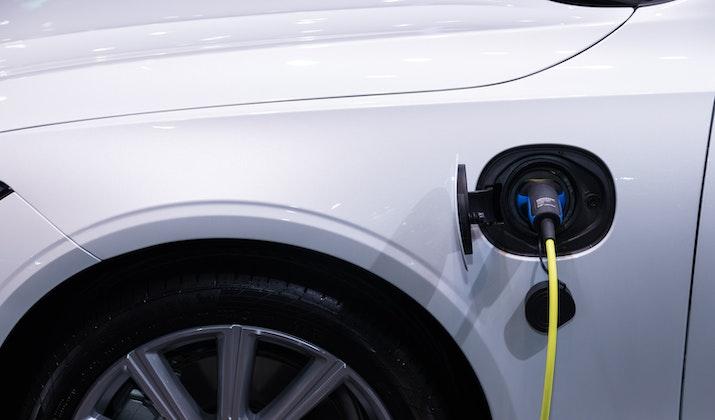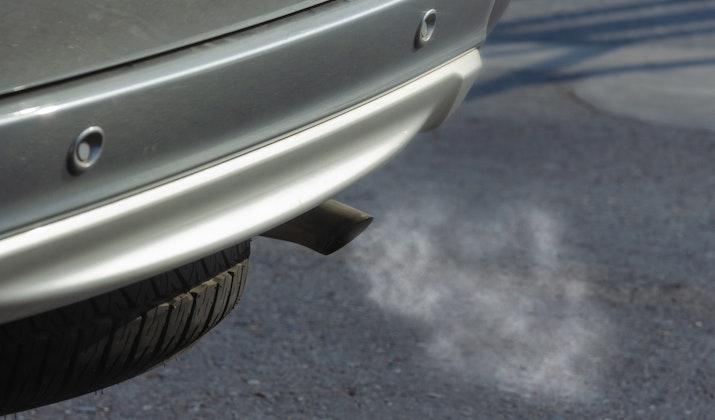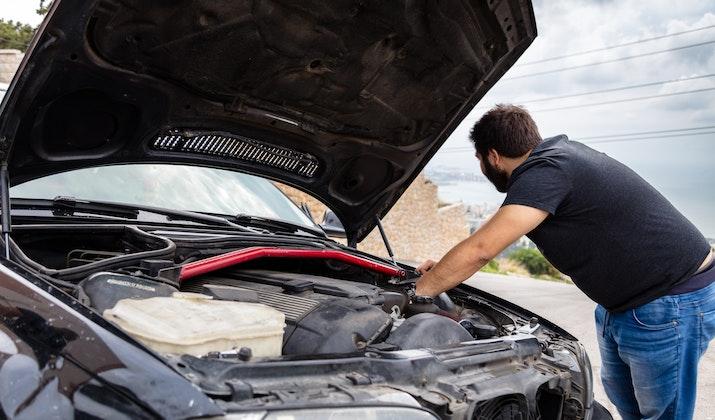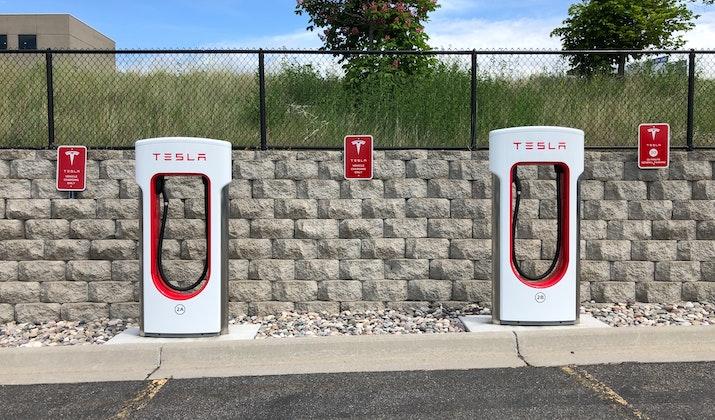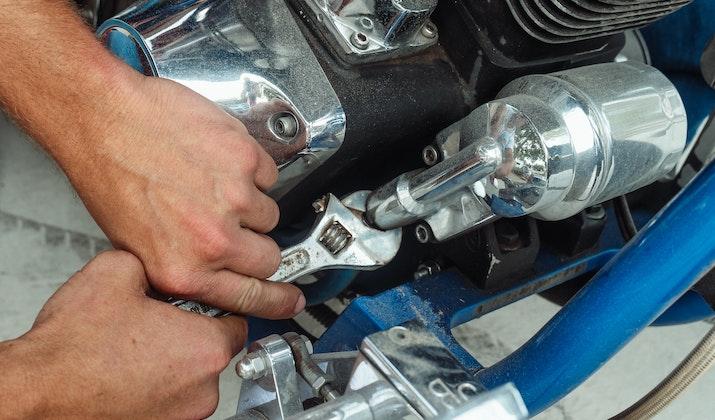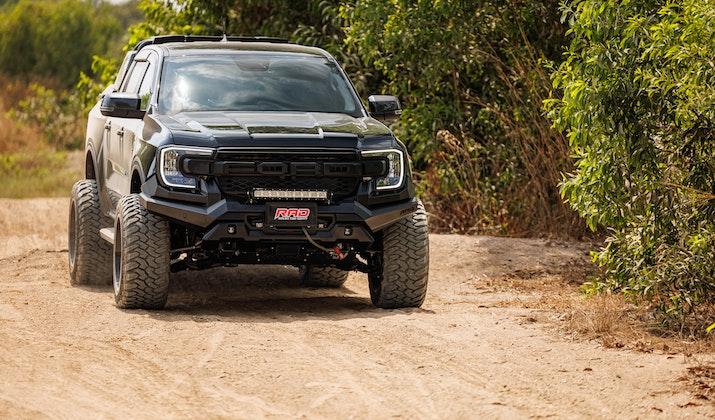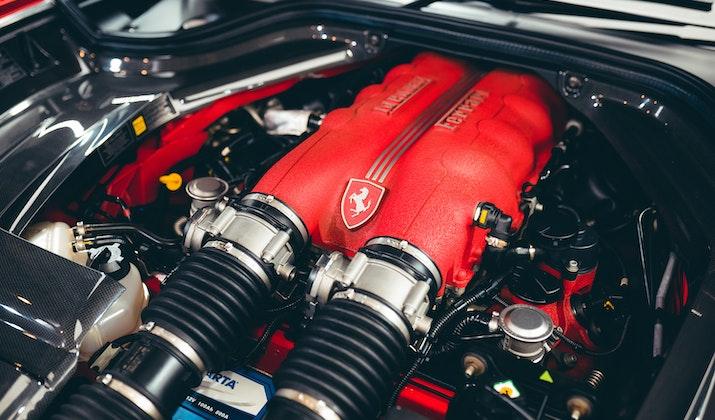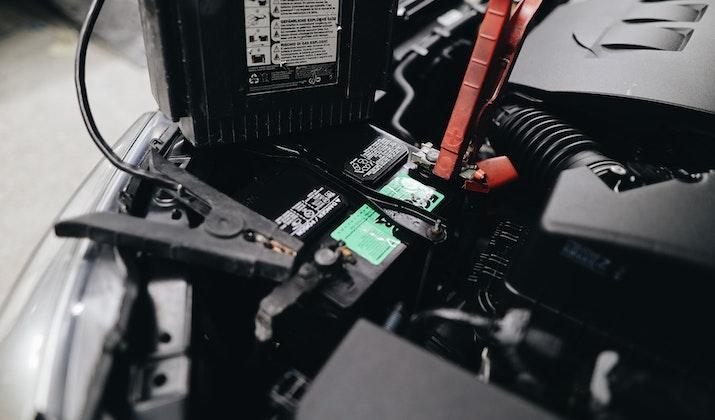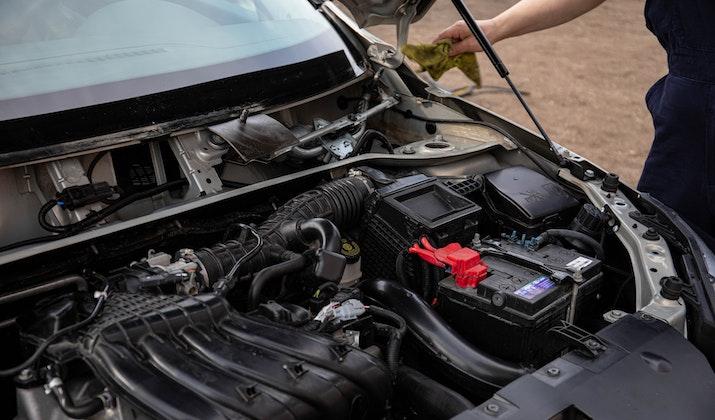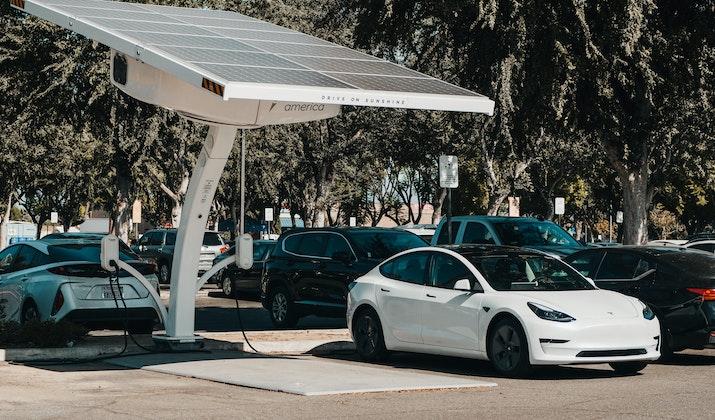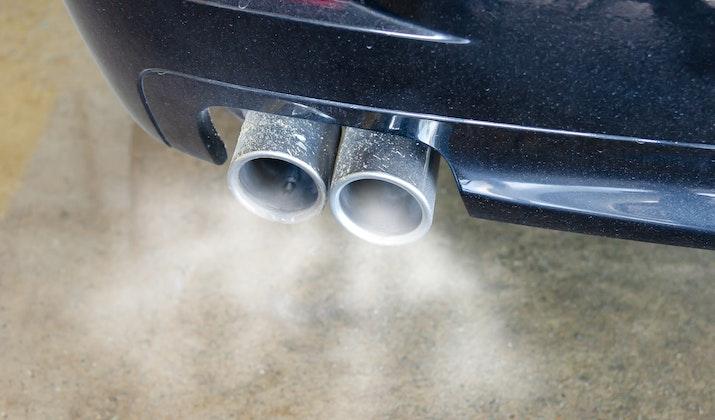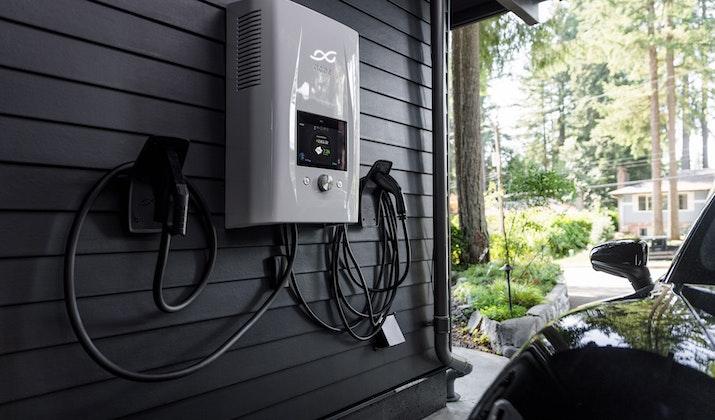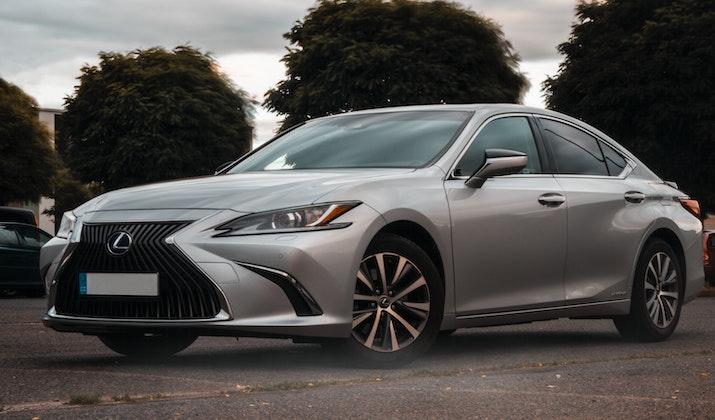Have you been thinking all year about getting yourself that dream car you’ve always wanted, and now you are ready to break the bank? If a hybrid car is on your mind, then you must stick around until the end.
In this post, I am going to talk about all the pros and cons of hybrid cars. Hopefully, by the end, you’ll be in a better position to make a decision.
But first things first, let’s understand what hybrid cars are.
Hybrid cars are vehicles that combine the traditional gasoline engine with an electric motor. This combination is meant to increase the car’s fuel efficiency while reducing its carbon emissions.
Interestingly, hybrid cars have been in existence for quite a while now. Japan introduced its first hybrid, the Toyota Prius, in 1997. In recent years, hybrid vehicles have become very popular among drivers for both financial and environmental reasons.
There are three types of hybrid cars, the Full Hybrid (Parallel Hybrid System), the Mild Hybrid (Series Hybrid System), and the Plug-In Hybrid, all working on the same principle but with different engine utilizations.
Hybrid cars have several advantages that make them popular, including reduced emissions, fuel efficiency, and providing a smooth driving experience. However, they also feature a few cons, like being slightly expensive and frequent battery replacement. In the sections below, I will discuss these in detail.
Let’s begin with the pros first.
Also Read: Best Sites Like Turo
-
Pros Of Hybrid Cars
- 1. Fuel Efficiency and Costs
- 2. Environmental Friendly
- 3. Fewer Maintenance Costs
- 4. Reduced Range Anxiety (Courtesy of the Hybrid Engine System)
- 5. Smooth Driving Experience
- 6. Tax Incentives
- 7. Higher Resale Value
- 8. Hybrid Warranties
- 9. Lightweight Engines
- 10. Highly Durable and Reliable
- 11. Future Proof
-
Cons Of Hybrid Cars
- 1. High Upfront Cost
- 2. Less Powerful
- 3. Potential Battery Issues
- 4. High Repair Costs
- 5. Limited Luggage Space
- 6. Lack of Charging Stations
- 7. Unsuitable for Long Commutes
- 8. High Cost of Insurance
- 9. Not 100% Carbon-Emission Free
- 10. Dangerous High Voltage Hardware
- 11. Reduced Fuel Efficiency In Cold Weather
- 12. Longer Waiting Times
- 13. Mining of Rare Metals
- 14. Limited Variety
- Wrapping Up
Pros Of Hybrid Cars
1. Fuel Efficiency and Costs
If you’ve thought about getting a hybrid car, it is likely because of its fuel efficiency. This is one of its most significant advantages over conventional vehicles.
Hybrid cars, as mentioned earlier, achieve higher fuel efficiency by combining an electric motor with a gasoline engine. The engine automatically switches between electric and gasoline power to save on fuel.
To further maximize fuel efficiency, hybrid cars have a regenerative braking system. When you apply the brake, the car’s internal mechanism kicks in and utilizes the released energy to charge the battery.
This reduces the time required to charge the battery hence saving on costs.
In addition, the hybrid car features an automatic start and stop mechanism that shuts off the vehicle when in an idle state and starts when the accelerator is pressed.
This, in turn, saves on fuel costs in the long run.
Also Read: AutoTempest Alternatives, History, Reviews
2. Environmental Friendly
Gasoline-powered vehicles emit a lot of carbon dioxide and other harmful gasses that adversely impact the environment.
According to EPA, a typical car produces 4.6 metric tons of carbon dioxide every year, including other gasses like nitrous oxide and methane, contributing to global warming.
With hybrid cars, however, the case is different. Combining an electric motor with a gasoline engine means less gas usage; therefore, the emissions from your tailpipe drastically reduce.
Less dependence on fossil fuels and more reliance on renewable sources of energy by hybrid cars goes a long way in preserving the environment.
3. Fewer Maintenance Costs
If you’ve owned a car for a while, you probably understand that maintenance is one of the most costly affairs.
Regular trips to the mechanic for servicing and repairs are unavoidable if you want to keep your commute at optimal levels.
So by any means necessary, we all want to reduce these costs, right? A hybrid car can do just that for you. Since hybrid cars use a combination of an electric motor, a high-voltage battery, and an Internal Combustion Engine (ICE), your vehicle experiences less wear and tear.
Wear and tear is standard on any operational machine; therefore, any chance to offset or reduce the levels of wear and tear on your engine will mean fewer repairs and trips to the mechanic and an overall reduction in maintenance costs.
Admittedly, it is crucial to understand that different hybrid cars experience different maintenance levels, so be sure to do more research on the specific model and make.
Also Read: RealOEM Alternatives
4. Reduced Range Anxiety (Courtesy of the Hybrid Engine System)
Hybrid cars not only compare to gasoline-powered vehicles but also to fully electric vehicles. One of the most common downsides experienced by drivers of fully electric cars is “range anxiety.”
Range anxiety is the fear that you will not be able to have enough charge on your vehicle to get from one point to another or from one charging station to another. The fear is heightened by the fact that the number of charging stations in the U.S. is low.
The International Energy Agency reports that the ratio of charging stations to electric vehicles in the United States is 1:18 as of 2020.
With hybrid cars, the fear is less, if not at all. This is because the hybrid’s engine system allows it to switch to gas when the battery runs out of charge. And if anything, there are more than enough gas stations to refuel if it gets to that.
Also Read: Car & Auto Repair WordPress Themes
5. Smooth Driving Experience
That noisy engine can become unbearable, especially when driving over long distances. Hybrid cars are exactly what you need.
Hybrid vehicles are much quieter than their gasoline-powered counterparts. The electric motor system is almost entirely noiseless, ensuring a smooth driving experience with much-improved comfort.
Unsurprisingly, even the U.S. government had to pass a safety rule in 2016 that required hybrid and electric cars to produce audible noise at low speeds to alert pedestrians.
6. Tax Incentives
Another advantage that you get from purchasing an electric vehicle or a hybrid is that you get to benefit from tax breaks.
Yes, that’s right. The U.S. The Department of Energy passed a law stating that any hybrid or electric cars bought this year or later may be eligible for a federal income tax credit of up to $7,500.
This goes a long way in reducing the cost of purchasing a hybrid car. However, not all hybrid manufacturers are subject to tax credits, so be sure to confirm your model first.
Check Out: Free Mileage Tracker Apps
7. Higher Resale Value
Gas prices are increasing every day across the U.S. and globally too. This means more and more people are opting for fuel-efficient vehicles, particularly hybrid cars. In effect, the resale value of hybrid cars has risen tremendously over the past few years.
Should you decide to sell or trade your hybrid car for any reason whatsoever, then it is possible that you may get a higher return on investment compared to an individual reselling a standard gasoline vehicle.
8. Hybrid Warranties
Manufacturers of hybrid cars offer buyers great warranties on any hybrid-related components associated with the vehicles to ensure a hassle-free driving experience.
This means that you do not have to worry about any battery issues that may arise. Some of these components include the hybrid battery, hybrid control module, and battery control module, among others.
For example, Toyota’s hybrid battery warranty is covered for eight years or 100,000 miles, which was increased to ten years or 150,000 miles for models from 2020.
This increases your confidence level in hybrid cars that will serve you for a long time without any component setbacks.
Also Read: Best OBD2 Scanners For Money
9. Lightweight Engines
Hybrid cars are made of lighter materials meaning you’ll require less energy to run them. The gasoline engines in hybrid vehicles are much smaller, lightweight, and highly efficient since they do not power the car alone.
A smaller and lighter engine goes a long way in saving energy.
10. Highly Durable and Reliable
Hybrid cars are not just known for their fuel efficiency. Contrary to many beliefs, the durability of hybrid cars is relatively high.
A report done by Consumer Reports indicated that hybrid cars are generally more reliable than their gas-powered counterparts.
Yes, it is more likely that you may need to change the battery over your hybrid car’s lifespan, but the car’s durability is generally high.
11. Future Proof
As a driver or car owner, it is always essential to purchase a car with advanced technology to prepare you for the future. Purchasing a hybrid car does precisely that.
The car market is rapidly changing, and most manufacturing companies are shifting from gas-powered to electric vehicles.
This year, the U.S. government announced plans to have 50% of all new car purchases be electric and a transition to affordable electric vehicles by 2035.
This means you can get a hybrid car now, drive and fuel up at a gas station, and still be ready for a decade when charging stations will become more common than gas stations.
Cons Of Hybrid Cars
1. High Upfront Cost
Although there are tax credits when purchasing hybrid cars, the purchase price of these vehicles is generally higher than the non-hybrid counterparts. This is the biggest drawback of acquiring a hybrid car.
The additional technology applied during the manufacturing process is the main reason for the hybrid’s high cost. Some of its components, including the large battery pack, complex computer system, and unique gear mechanisms, contribute to its higher cost.
However, the increase in the popularity of hybrid vehicles over the last decade has contributed to a general decrease in the price of hybrid cars. As technology advances, the manufacturing costs of these vehicles will also decrease.
In addition, long-term savings on fuel costs makes up for the high initial cost of purchasing the car.
2. Less Powerful
Hybrid cars have often been criticized for lackluster performance. The main target manufacturers of these cars aim to achieve is reducing carbon emissions and improving fuel efficiency.
In their effort to achieve this, the manufacturers design the hybrid car with smaller twin-powered engines that require less energy to power.
Consequently, the power and torque of hybrid cars are sacrificed in order to achieve maximum fuel efficiency.
Performance enhancements that are found in conventional cars have been degraded, meaning the car loses its horsepower and lacks speed and acceleration.
This becomes an issue for drivers who require a car that can tow heavy loads or can accelerate faster.
It is important to note that some hybrid cars are quite powerful, but they won’t be as efficient as the full hybrids. Remember that hybrids are designed in a way that encourages you to drive slower while utilizing electric power to help you save on gas.
3. Potential Battery Issues
Although the hybrid battery is usually guaranteed by the manufacturer, over time, most of these batteries tend to lose their capacity to retain power.
A potential battery issue will result in more fuel consumption by your hybrid car and thus can prove costly and less capable of achieving its intended purpose, which is to save fuel.
Like many battery-powered machines, there is always a concern about the batteries of hybrid cars. The hybrid batteries may need replacement after several years, which may be very expensive.
In addition, the rapid increase in the number of hybrid cars has brought concern about how to safely dispose of millions of dead battery packs, thus posing a threat to the environment.
4. High Repair Costs
As I mentioned before, hybrid cars generally require less maintenance than standard combustion vehicles. However, when maintenance is required, maybe because of a faulty battery or other hybrid-related issues, it can be more expensive.
If you are not comfortable working on your own car, then seeking a professional mechanic who is proficient in handling hybrid cars can become extremely challenging and costly.
Not to mention how expensive the spare parts of these vehicles can be since they are not readily available in auto shops.
5. Limited Luggage Space
In today’s world, most of our families are made up of four or more people. When going on trips or vacations, we are required to pack our clothes and other luggage required for the trip.
Most modern hybrid cars have two inbuilt battery packs located at the front and rear of the car. This, therefore, means that the luggage compartment is already halfway occupied, leaving only a small amount of space for you to put your belongings.
This becomes very inconvenient for larger families who may require sufficient storage space.
6. Lack of Charging Stations
Hybrid vehicles require charging, which is always easy when doing it from the comfort of your home. But what happens when you travel and need to recharge the battery?
As mentioned earlier, the ratio of charging stations to hybrid cars is 1:18. This means that the number of charging stations available in the U.S. is not sufficient enough to satisfy the ever-growing population of hybrid cars.
It gets even worse for those of you who reside away from the cities where the chances of finding a charging station are far less.
7. Unsuitable for Long Commutes
Hybrid cars are the best when it comes to driving around the city, where the low-speed torque of the vehicle comes in handy during traffic. The hybrid battery is designed to recharge whenever you hit the brake.
However, on the highway, hybrid cars lose their economic advantage over gasoline-powered cars.
Driving on the highway means you’ll consume more gas while braking less, which is exactly the opposite of what a hybrid car should do. Long-distance traveling, therefore, becomes a challenge for hybrid owners.
8. High Cost of Insurance
According to experts, hybrid car insurance per month is much more expensive than the average U.S. car insurance rate.
This is attributed mainly to the high purchase cost of hybrid cars, the nature of most hybrid car buyers, and the cost of the premium hybrid technology installed in the cars. Most of the buyers of hybrid cars are urban dwellers, where there is a higher risk of accidents compared to rural areas.
In addition, as already discussed above, repairs on damaged hybrid cars are significantly more expensive, playing a role in their increased insurance costs.
9. Not 100% Carbon-Emission Free
Hybrid cars have been developed for the main purpose of reducing fuel consumption and being eco-friendly. However, hybrid cars are not 100% carbon emission-free.
Of course, compared to gasoline vehicles, hybrid cars are significantly much better when it comes to the levels of tailpipe emissions they display.
Simply put, hybrids offer zero tailpipe emissions when the car is driving in electric mode. But, as soon as the car shifts to gas, emissions will lead to pollution.
This becomes a setback, especially for countries that are working towards a carbon-free environment.
10. Dangerous High Voltage Hardware
In the event of a car accident, the high voltage that is present inside hybrid batteries can be lethal to you due to the high risk of electrocution.
Moreover, hybrid cars pose a safety risk to rescue and emergency workers, who will require special training to deal with the risks that may be caused by the high-voltage batteries and hardware.
11. Reduced Fuel Efficiency In Cold Weather
Temperatures during the winter season can drop to extreme lows, usually below the freezing point. For hybrid car owners, this becomes a challenge.
In colder temperatures, it takes more time for hybrid batteries to reach the optimal temperatures required for operation. This is because the chemical reaction which occurs inside the batteries to release energy to the electric motors takes more time to reach peak performance compared to batteries in warm weather.
Due to this, the internal combustion motor increases its energy production, resulting in increased fuel consumption in cold weather.
12. Longer Waiting Times
While the advent of hybrid cars has helped spur the infrastructure required to support plug-in vehicles, it still remains a challenge for many drivers. More often than not, hybrid fleet drivers on tight schedules find themselves requiring more time to plan their routes around available charging stations.
Although most plug-in vehicles can be charged on almost any electrical outlet, the size of the outlet greatly determines the time taken to charge the car.
Plug-in hybrid vehicles require a period ranging from half an hour to multiple hours to fully charge. The time wasted on charging could have been utilized elsewhere.
For different reasons, such as estate rules or apartment rules, you may be unable to install plug-in systems in your home for easy charging, making the whole situation very inconvenient.
13. Mining of Rare Metals
It is argued that hybrids are both harmful and friendly to the environment. They greatly reduce pollution, but at the same time, their large batteries utilize precious minerals like nickel that are mined and harvested from the earth.
This means that the increase in hybrid cars increases mining activities that may lead to land degradation and, in some cases, a poor working environment for the miners.
14. Limited Variety
Although the variety of hybrid cars being manufactured is increasing, most hybrid vehicles are often built with limited features. Since they mainly focus on efficiency, getting a hybrid car that is user-centered with flexible features to include luxury and comfort is difficult to find.
For example, some time back, Toyota introduced an all-wheel drive upgrade to its Prius hybrid model.
Wrapping Up
While hybrid cars reduce pollution and increase fuel efficiency, they also come with limitations, such as increased insurance costs and the production of less powerful vehicles.
It is always important for you to analyze your driving habits as well as your budget first before purchasing a hybrid.
Note that different models of hybrid cars have different features so it’s also important to compare the prices for you to find the best deal.
So get out there and make your move!

